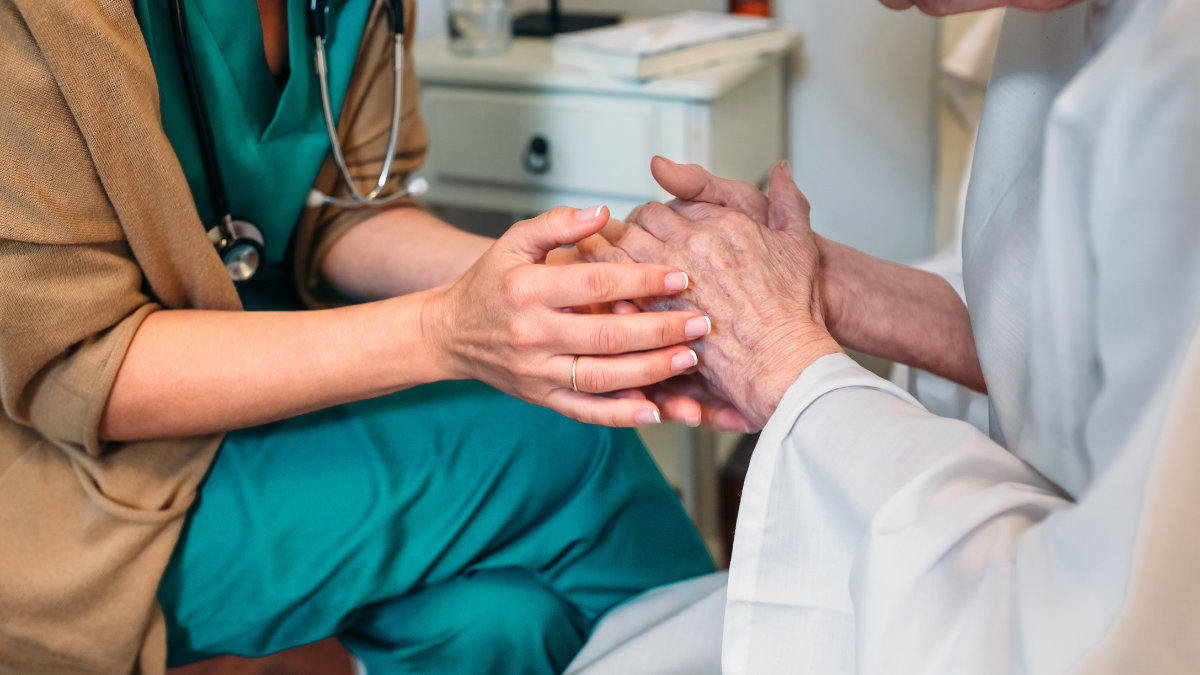Researchers at West Virginia University (WVU) are enrolling participants in an extended telehealth pilot program.
The project is a collaboration of the WVU Health Affairs Institute and West Virginia Department of Health and Human Resources, Bureau for Medical Services.
The program is an expansion of previous telehealth pilot work and will provide telehealth care to beneficiaries of Home and Community-Based Services.
Participants will have the opportunity to receive six months of telehealth services in their homes for free.
“With our telehealth program, one component of it is remote patient monitoring, monitoring of vital signs,” Associate Professor in WVU’s School of Public Health, Steven Davis, said. “They’re transmitted remotely.”
Participants will also receive a call from a nurse a couple of times a month to discuss their well-being.
Davis said telehealth can be a positive addition to existing health care.
“We would rather coordinate with their primary care providers to catch things early on so that they’re going to a lower level of care versus more costly care,” he said.
People living in West Virginia often need to go back to the hospital or are not able to live at home due to a variety of physical and mental health issues, according to Davis.
Telehealth can assist in monitoring these conditions closely to prevent unnecessary hospital visits or delays needing 24-hour care outside of the home.
To be eligible to participate, individuals must be a Medicaid Aged and Disabled Waiver, Intellectual/Developmental Disabilities Waiver, or Traumatic Brain Injury Waiver member.
Individuals interested in participating in the Extended Telehealth Pilot should complete a short interest form available on the Health Affairs Institute website at healthaffairsinstitute.org.
Appalachia Health News is a project of West Virginia Public Broadcasting with support from Charleston Area Medical Center and Marshall Health.
